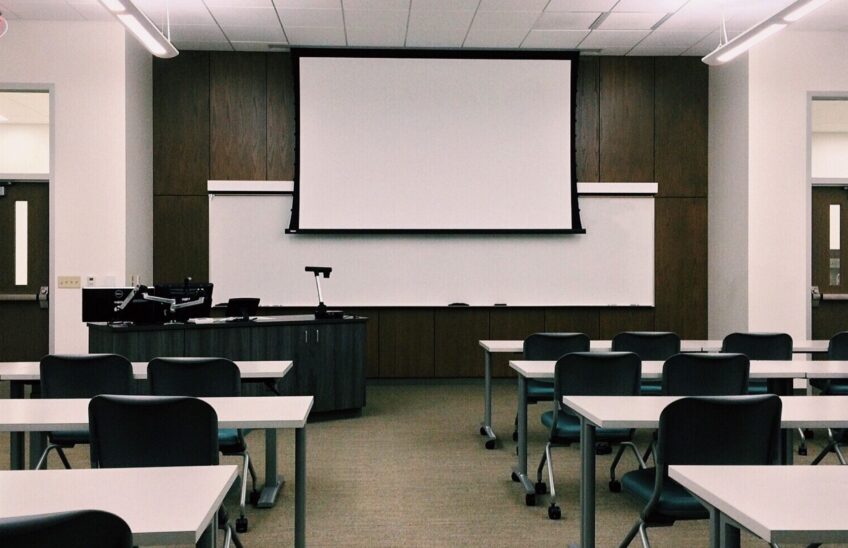Cor blimey! SSAT has just published a fantastic article by our very own Graham Moore, and it’s a corker! Graham delves into the impact of the COVID-19 pandemic on both student behaviour and staff wellbeing, shining a light on the challenges schools face while dealing with the aftermath of disrupted education.
As the pandemic gradually fades from view, we’re still feeling the ripple effects of interrupted learning. One of the top worries for schools is student behaviour, which has been aggravated by the pandemic. Graham explains, “After nearly two years of on-and-off education, it’s no wonder that students are finding it difficult to stay motivated and are feeling disheartened, indifferent, and detached from their studies. This disruption has left staff feeling disheartened and ineffective, only making matters worse.
To tackle these concerns, Graham emphasises the significance of our programmes and showcases our collaboration with schools in addressing the psychological and social needs of young people, as well as their academic progress. Graham explains that humanutopia offers a refreshing approach to education, acknowledging that youngsters are more than just statistics. It’s essential to cater to the emotional and spiritual needs of students in order to establish a positive and motivating environment.
“humanutopia’s approach grants students the space and time to reflect, chat, and let off steam about this massive chapter in their lives. These events create opportunities to share concerns about the future and instil hope and faith that their futures are worth pursuing. Instead of solely preparing students for exams, education must be reshaped to accommodate the broader picture of life’s journey.”
Additionally, Graham discusses how schools must support their staff who are experiencing burnout, bewilderment, and a sense of being adrift. With mounting systemic pressures and morale at rock bottom, Graham highlights our highly praised staff CPD programme, The Heart of Education. Concentrating on purpose and fundamental human instincts and emotions, staff leave these sessions feeling invigorated, inspired, and with a rekindled sense of hope and purpose.
It’s also heartening to learn about the extra steps schools can take to support their students and staff during these trying times. For example, schools can offer mental health support services for both students and staff. The pandemic has led to heightened stress and anxiety levels, so it’s crucial that schools provide access to qualified mental health professionals for those in need.
A key takeaway from this conversation is that schools can cultivate a positive learning environment by encouraging healthy relationships between students and staff. By nurturing a culture of mutual respect and trust, schools can create an atmosphere where students feel valued, listened to, and supported. Involving students in extracurricular activities that promote socialisation and teamwork can also boost their self-confidence and lower stress levels.
“The importance of acknowledging the emotional and spiritual needs of young people and offering support and guidance for staff is paramount,” says Graham. “By taking proactive steps to address these concerns, schools can create a positive and motivating environment for everyone.” As part of this, humanutopia provides a fresh approach to education and gives students and staff the space and time they require to reflect and connect with their purpose.
Don’t miss out on this article – it’s an essential read for anyone in the education sector seeking solutions to the challenges posed by the pandemic. Click here to read the full article















